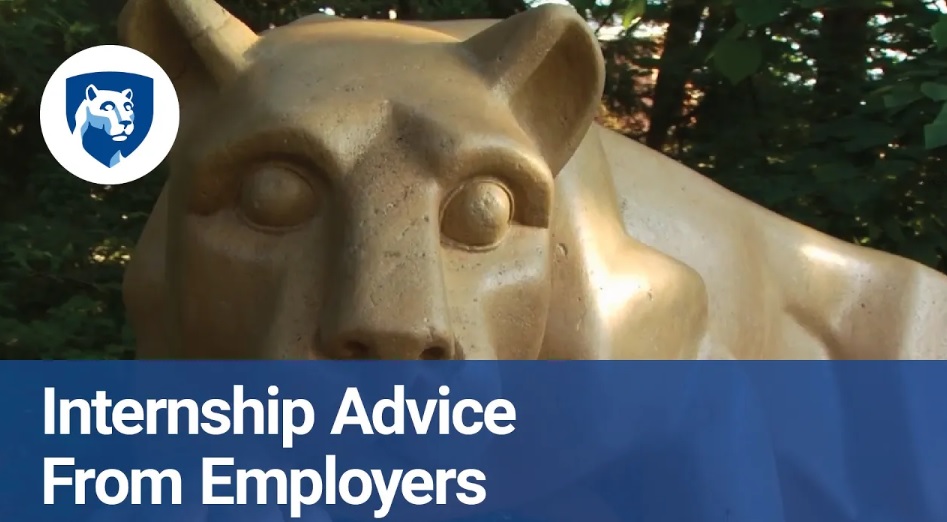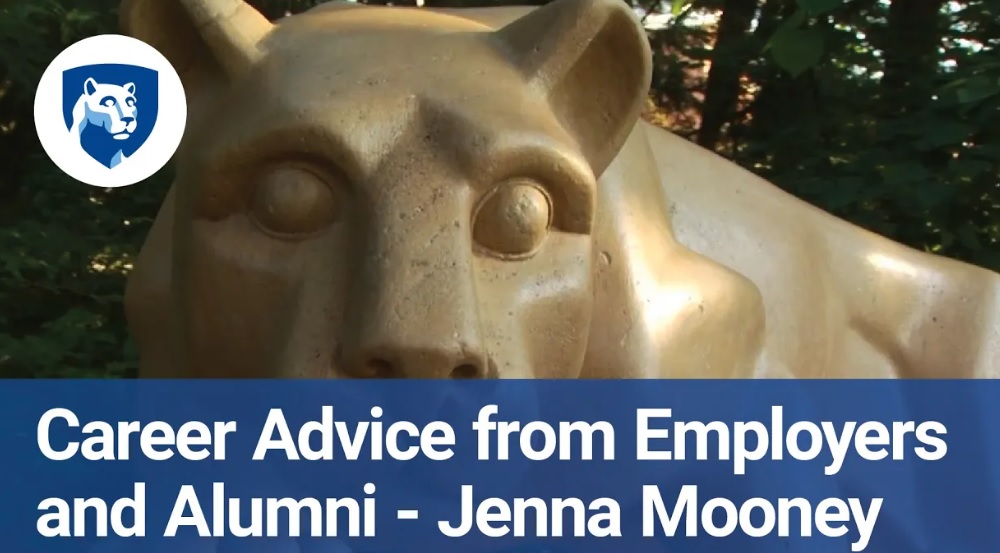As explained in The Career Counselor Handbook (Figler & Bolles, 2007), not much happens in career development until you meet face-to-face with others. Whether you are in the middle of a job search or exploring your career direction, there’s a way to allocate your time to increase your effectiveness. Figler suggests that you should allocate 60% of your time to face-to-face contact, such as one-on-one contact or in groups. Spend 30% of your time in electronic communications, including the phone and email. Use 10% of your time preparing written documents, for instance resumes and cover letters.
Two examples will help me describe this. First, a number of people regret their career choices because they haven’t investigated enough, opting only to read online or hear through secondhand opinion about a field, both of which can be misleading. If we compare this to buying a car, this would be akin to buying a car based solely on what you read online or on what others tell you they know about the vehicle. If we stop to think about it, most of us don’t buy a car this way. Instead people go to an auto showroom and take a test drive before committing to a purchase. I say this because most of us want a direct experience to inform our purchases. The same is true of career exploration. By going to a workplace and talking to a person, you can get an authentic experience from someone already employed in an occupation that interests you. You absolutely want to read about occupations, though it’s not until you get face-to-face time with someone that you understand an occupation more fully.
Second, if we consider the job search, people seem to spend 60% of their time getting a resume “perfect,” which leaves little time for much else. By the time your resume is “just right,” an opportunity may be gone. People feel defeated after putting a lot of time into writing a resume only to hear nothing back. But what if you spend most of your time reaching out to people, demonstrating your enthusiasm and excitement for wanting a position? Not only does face-to-face contact with others help you stay practiced in your communication skills, but you also will build your network. If you seek referrals to possible opportunities, you’re more apt to get such a referral through talking with someone than a letter sent to the same person. In practice, it’s often more effective to spend more time face-to-face and leave the writing for last.
Hopefully these examples help illustrate the benefit of making face-to-face contact a priority.
Now I know many of you may be skeptical of what I’m saying. But let me ask you a couple of questions. How effective has it been for you to spend hours toiling over your resume? Is spending your time that way landing you a position? Likewise, has listening to what your friends think about your fit with an occupation made your career path clearer? If not, I ask you to consider mustering up the nerve to get in front of other people without being intrusive using approaches, such as an informational interview, job shadowing, a career event, or temporary employment.
In closing, if you would not buy a car based on too little information, consider not choosing a career with too little information. And, during a job search you don’t have to sit and wonder why others have not returned your calls or answered your correspondence. If you are waiting, it is worth asking yourself how you’re spending your time.
For more information on career services and resources, visit the World Campus website.



